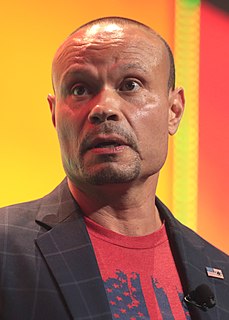A Quote by Wilbur Ross
My obligation is to disclose companies in which I'm an officer, a director, or an investor.
Related Quotes
Pishevar, co-founder and managing director of Sherpa Capital, is a powerful figure in the Valley and a bridge to establishment figures on both coasts. He cultivated a relationship with Uber co-founder Travis Kalanick and publicly came to his defense when he was ousted as chief executive officer and sued by another investor.
Most of the ethical dilemmas that I have faced have all been in the category of, you know, I know something and what's my obligation to disclose it. So, for example, you see people make a mistake in the contract that you're making between the businesses and do you disclose it or do you reveal it? And generally speaking, the way that I solve these is I kind of go through a list of, you know, what's the most, what are the obligations and constituencies and in what order?
We have full disclosure in transparency of our audited, our financial audits. It's on our Web site. It is, I think 16 or 20- something pages, which most public companies or private companies and most ministries don't disclose. So we have always operated with financial integrity and full transparency.
Being a good private equity investor is more complicated than it seems. I would say that there are a few characteristics that are important. If you look at the skill set that you need to ultimately be a successful private equity investor, at least at the senior level, you have to be, in this business, a good investor. You have to be able to help companies perform and you have to have judgment around exiting investments. If you look at the skill sets there, they include some things you can teach and some that you can't.
It's not that you don't want to earn as much money as you can - it is your obligation, of course - but companies have obligations beyond that and they certainly have obligations beyond that at certain times, in the times in which they operate. And they also certainly ought to know that meeting and beating expectations is probably yesterday's game and it will be increasingly so, which would be by the way very healthy for companies. Running a company that meets and beats expectations, and that runs their company accordingly, are companies that I would question why anyone would invest in.
The investor has the benefit of the stock market's daily and changing appraisal of his holdings, 'for whatever that appraisal may be worth', and, second, that the investor is able to increase or decrease his investment at the market's daily figure - 'if he chooses'. Thus the existence of a quoted market gives the investor certain options which he does not have if his security is unquoted. But it does not impose the current quotation on an investor who prefers to take his idea of value from some other source.
































